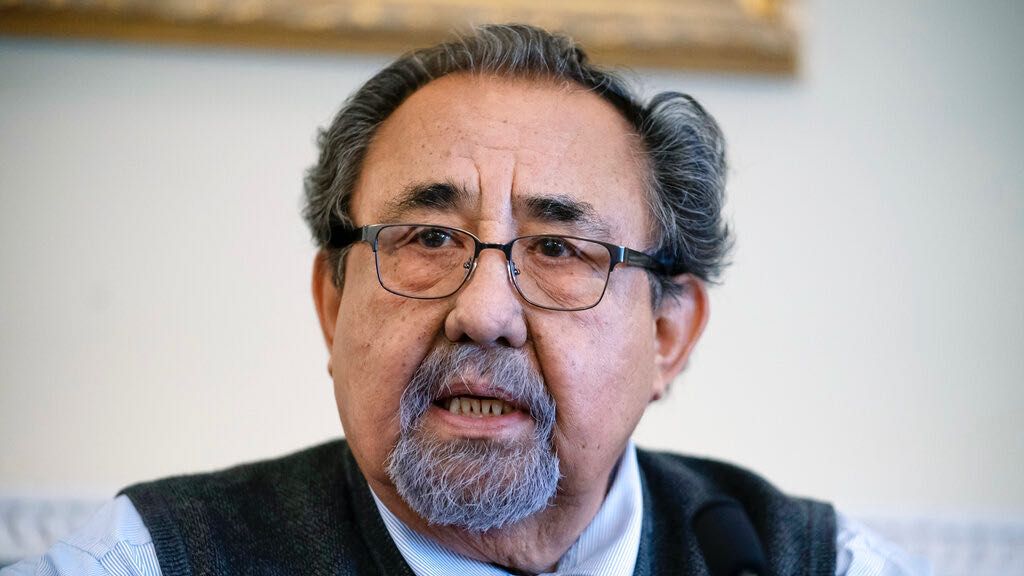Congressman Raúl Grjalva, the longtime representative from southern Arizona, announced his recent diagnosis with an undisclosed form of cancer Tuesday.
"This diagnosis has been difficult to process, but I am confident in the vigorous course of treatment that my medical team has developed, and I’ve begun my journey to fight this cancer," Grijalva, 78, said in a statement released by his office.
The cancer diagnosis came weeks after medical treatment for a long-lasting cough that he said was initially diagnosed as pneumonia.
"After further testing and imaging, my physician discovered that I have cancer," he said in the statement.
Grijalva hasn’t cast a vote in Congress since Feb. 15, including the House’s passage of government funding last month, though his office has published a number of announcements, updates and calls to action.
“My congressional office remains open and the many services we provide for our constituents continue uninterrupted. I am in regular communication with my staff and I continue to work as I undergo treatment. It is a privilege to serve as a representative for the people of Arizona and I take this responsibility very seriously,” Grijalva’s statement added.
The son of a Mexican migrant worker who entered the U.S. through the post-war Bracero Program, Grijalva is a Southern Arizona native and stalwart in the region’s political scene. He began his elected service on local and county-level boards before winning Congressional office in 2003. He’s represented Tucson — as well as much of Southern Arizona along the U.S.-Mexico border, and between California and New Mexico — on Capitol Hill ever since.
Known as much for his progressive politics (he endorsed Sen. Bernie Sanders for president in 2016) as he is for his bushy mustache — which has been a fixture of his face throughout his public life — Grijalva has long been a reliable vote for Democrats and a reliable opponent to Republicans.
He was most prominent nationally in the late 2000s and early 2010s as Arizonans debated over illegal immigration and the passage of SB 1070, a law requiring local law enforcement to determine a person’s immigration status during stops, based on "reasonable suspicion" the person is an illegal migrant. He even called for an economic boycott of his own state, seeking to turn the screws on local lawmakers.
In a 2010 interview with "Esquire," Grijalva said that — like former President Bill Clinton — he could understand the conditions of "frustration" and "insecurity" that made the law possible.
"But there's also another underlining reason, and that's a more dangerous motivation that President Clinton should be aware of, too. The threat of 'Who are these people? Why are there so many of them? Why are they here taking my job?,'" he added. "This does not just extend to immigrants. It extends to the Latino population in general. And that unseemly attitude, for lack of a better word, is part of the motivation. And you can't ignore that in this debate, that there is a racial component to this debate."
Grijalva hasn’t faced a serious challenge to his Congressional seat since 2014, which he still won with more than 55% of the vote, and he’s comfortably won more than 60% of votes the majority of his contested Congressional elections. Arizona’s state primary election is scheduled for July 30. So far, Grijalva is running unopposed on the Democratic side, while three Republicans have filed letters of intent to run on the GOP ballot.




